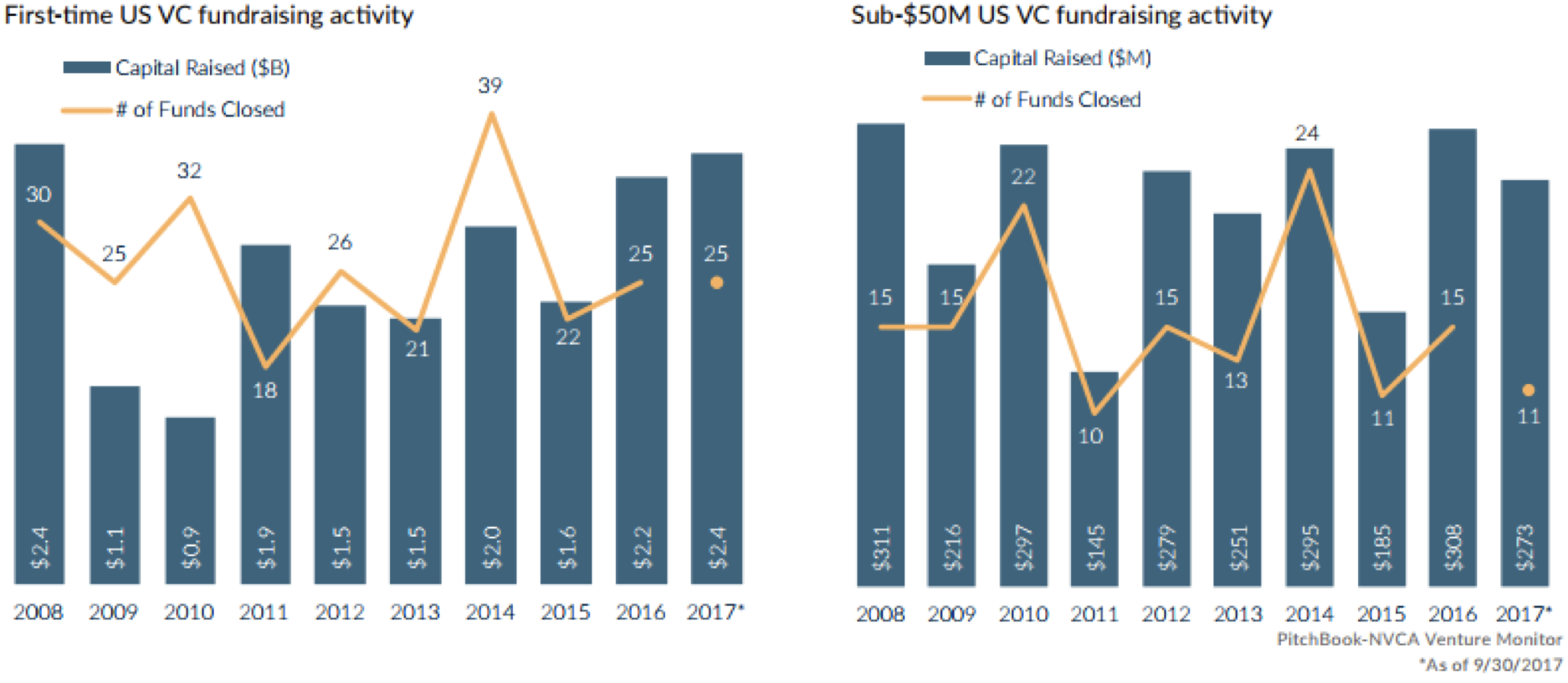For entrepreneurs looking to build their ideas, there are a lot of financing options available today. Of these, the most sought-after option is the venture capital (VC) funding for the requirement that they don’t need to be repaid to the investor. Yet, early stage VC funds work beyond this simplistic definition and involve deeper clauses to be considered. Hence, every start-up must gain a better understanding of the VCs for making informed decisions.
What are VC Funds?
Venture capital is a fund that flows into a company during the pre-IPO process from large companies, pension funds, and wealthy individuals, called venture capitalists. They are more of an investment than loans and facilitate business growth for providing high returns on the initial investment.
The investor aims to help the start-ups grow, achieve IPO offerings, buy smaller companies, or get acquired by bigger ones and make a successful exit by cashing out VC money returns. On the other hand, entrepreneurs aim to sustain a stable and fruitful growth that encourages investors to back their company for a longer duration.
Table of Contents
When is the Right Stage to Raise VC Funds for Your Company?
Today, VC funding has become a lot more flexible than before, and investors are eager to fund at all stages of start-up growth. However, each company has different time frames for when to approach VCs for investment. While it is possible to attract an investor with a business idea, most deals are closed when a business has the following three features:
- A minimum viable product
- A founding team
- Customers
- Also, there are other intangible items to be considered, like
- A uniquely valuable product
- A strong business model that fetches profits
- A large market for business to operate
- A capable management team for growing the company
- Company’s momentum
Tips to Find the Right VC Funds for Your Start-up
All VC firms focus on specific industries where they would like to invest. From educational services to health care to pharmaceuticals, there are many categories. Each firm also concentrates on funding start-ups in different investment stages, namely – seed, early stage, Series A, Series B, and Series C. Here are some tips for raising early stage VC funds for your business.
Find Firms that Invest In Your Company’s Domain
Create a list of VCs that are interested in terms of your industry and product. Look for those firms with a strong track record of investing in your industry, and that has facilitated revenue growth.
Pitch
A pitch deck is one of the first marketing collateral that you will be sharing with the VCs on your list. It can either be emailed or make a warm intro when you are introduced to the VC firm. Early stage pitch decks are often idea-based, while those in later stages feature KPIs like revenue, traffic, and engagement.
Meetings
Finding financing for your start-up involves meeting with potential VCs. Here, you may discuss your funding options and even talk about the firm’s past deals. Most firms display their past deals online and help you determine whether your company fits the firm’s prototype.
Due Diligence
Once your first meeting goes right, there may be other follow up sessions before the VC offers a deal. Use due diligence by reviewing the founding team, target market, and financial viability of the company. The VC firm likely takes time to fact check your data, assets, and potential risks before finalising the deal.
Early stage VC funds are rising in popularity, with many companies meeting their financial requirements and growing to become unicorns. Your VC firm may conduct thorough checks before deciding to finance. Preparing yourself for this process through the right documents and business plans help you secure the greatest financial deal.



